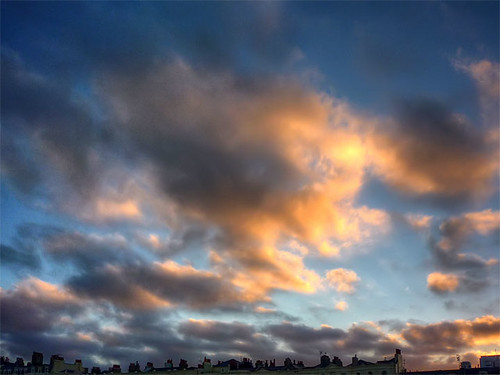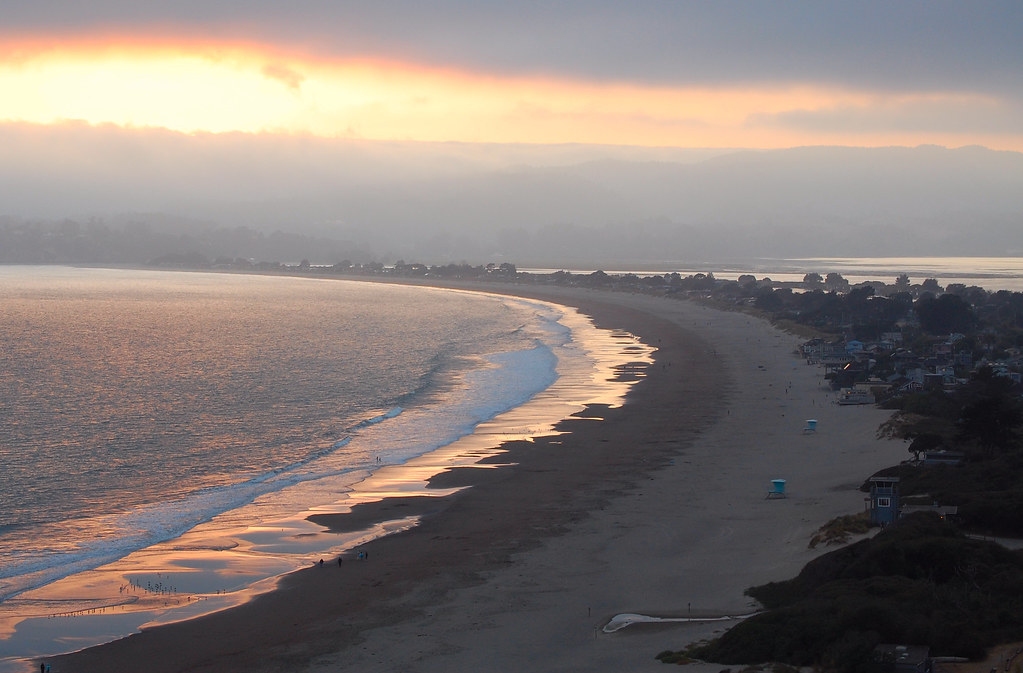.

Followe thy faire sunne unhappy shaddowe,
Though thou be blacke as night
And she made all of light,
Yet follow thy faire sunne unhappie shaddowe.
Follow her whose light thy light depriveth,
Though here thou liv'st disgrac't,
And she in heaven is plac't,
Yet follow her whose light the world reviveth.
Follow those pure beames whose beautie burneth,
That so have scorched thee,
As thou still blacke must bee,
Til her kind beames thy black to brightnes turneth.
Follow her while yet her glory shineth,
There comes a luckles night,
That will dim all her light,
And this the black unhappie shade devineth.
Follow still since so thy fates ordained,
The Sunne must have his shade,
Till both at once doe fade,
The Sun still prov'd the shadow still disdained.
Though thou be blacke as night
And she made all of light,
Yet follow thy faire sunne unhappie shaddowe.
Follow her whose light thy light depriveth,
Though here thou liv'st disgrac't,
And she in heaven is plac't,
Yet follow her whose light the world reviveth.
Follow those pure beames whose beautie burneth,
That so have scorched thee,
As thou still blacke must bee,
Til her kind beames thy black to brightnes turneth.
Follow her while yet her glory shineth,
There comes a luckles night,
That will dim all her light,
And this the black unhappie shade devineth.
Follow still since so thy fates ordained,
The Sunne must have his shade,
Till both at once doe fade,
The Sun still prov'd the shadow still disdained.

Followe thy faire sunne unhappy shaddowe: Thomas Campion, from A Book of Ayres, 1601
Dawn: Looking East 1 (10.3.10): photo by Tom Raworth, 2010
Foggy sunset over Stinson Beach: photo by blmurch, 2007



11 comments:
o my!
another traditional gem!
a gush of strange feeling just overwhelmed me...
and that last concluding stanza contained several books of modern physics, philosophy and mysticism...
thanks for sharing this with us Tom...
Thomas...
ha!
seems you two are kindred souls...
i didn't know this poet...
how i love to read this again and again...
Hb,
Delighted that you've enjoyed this. I've considered making a post of it for some time, but said to myself, "Well, no, that's not a 'blog poem', it's a poem for poets". And it seems I may have been right. So let the two of us enjoy it like a fine private repast.
TC (this other TC, how dare I appropriate his initials!) is in many respects a "special taste".
I see the intensely shaped miniature delicacy of his lyrics -- with, as you say, that mystical strain, as well as a certain strain of melancholy, running just beneath the bright surface -- as both the end of something (the union of dance, song and verse in the "court poetry" of the 16th c.) and the beginning of something (the modern secular lyric).
Your hunch about there being a subtle physics implied in Campion's lines is spot on. He was indeed a physician, and also a musician, as well as a poet. He wrote lyrics in Latin as well as five volumes of "English ayres". His songs indicate the presence of the fine keen ear of a musical composer (employing modulation, variation, repetition). They also put into practise quite splendidly his theory that the metrical effects of the Latin poets he loved (esp. Catullus and Tibullus) could be reproduced in his native English. This was a very advanced idea at its time, and remains so now; others have tried to do this, but none with such remarkable success. In this sense Campion's work represents a cultural pinnacle never quite equalled by later poets -- though there were some excellent twentieth century poets who were aware of his experiments, learned from them, and emulated his metrical sensitivity and delicacy to very fine effect (I think of Ezra Pound, and later Robert Creeley).
Campion's insistence, for example, that the duration of syllables should be observed and employed as part of the poet's basic means of operation, is an idea so quietly radical its time may not yet have come... though I have my doubts as to whether it ever will, as the "ear" of the poet has latterly come in some quarters to be regarded as a vestigial organ. (To some extent of course this is a matter of the grudging resentment of those who do not possess it.)
What a beautiful poem. Glad I stopped by.
hey Tom... dear teacher poet... thanks for this explanation...
TC on TC...
:D
you made me eager to go and google him and read more about and of him...
and really interesting that he had this scientific background along with his poetic interest...
the signs ARE visible in this lovely work...
crows are experts in finding the clues to things hidden... and not told...
:)
and they are also experts in crowing (bragging)!
:D
but you are a great teacher... i think you should be a university professor, eh?
the way you observe, explain and share... ahhh... if only we had a professor like you... in those university years... i'm mostly self-educated... though i have an MA.
in Persian we have a saying that goes, whenever you get the fish from water, it's fresh...
i.e. any time can be a new start...
i feel reading your blog for me is not just reading a blog... it's attending some university calsses... even better than that...
i'm thininking to srart reading your blog from the first post...
and i have always been a bad student as i ask a lot and accept a little... but a patient and knowledgeable teacher like you is a blessing...
so be prepared for the crow to pop in every now and then...
:)
what you said about TC's insistence on observing the duration of syllables was very intersting...
what i write is not poetry in the sense of its calssical definition... and i know nothing about the language of music... but when i write... most of the time, i feel an inner urge to arrange sounds in a special order... mostly they come easily... but sometimes... i should wait... and let them play in my mind to find the right position... like the post i put up today (never say love)...
to achieve the sounds and the melody i was hearing in my mind, i decided to give that form to my work...
see what i mean?
surely crow's childish works are not to be discussed here under TC's poem and on dear TC's blog... but crows are cheeky, you know... they love to learn more... know more...
thanks for the time you put in all this...
you are one of those rare people who (like the crow!!!) believe that
sharing is all
eh?
best wishes from
hb
or uc ('unindifferent' crow)
or na (my real name)
3in1
:)
okay... i just read your bio...
such a friend i am!!! after several months... just now i read it... i usually am engaged with the prosent!
you're not a university teacher... but you are better than them...
and you have several novels... gosh!
i should find a way to buy them...
when poets write novels, you should read them...or you first wrote novels and then poetry? or both at the same time?
hey cheeky crow!
okay...
i'm leaving...
:)
Dear Tom,
Thank for this -- Campion's poem, Tom's sunrise, Bea's sunset over Stinson, your excellent mini essay on Campion (poet, composer, composer of some 400 Latin epigrams, author of "Observations on the Art of English Poesie," not to mention physician). Campion: On Song (which I noted the other day) has goes into 'great detail' about not only the syntax and substance of "Now winter nights enlarge" but also it's phonetic structure (i.e., sound of words), prosody, and music. Someone told me just yesterday that it's on google books (here's the link but it might be easier just to look it up!) --
http://books.google.com/books?id=Seo9AAAAIAAJ&printsec=frontcover&dq=campion+on+song&source=bl&ots=bnUARKRVMy&sig=4_2fcmB6tGnXzIDRFILuzl0enPE&hl=en&ei=GoKaS_KPL4qsswOc18CuAQ&sa=X&oi=book_result&ct=result&resnum=1&ved=0CAYQ6AEwAA#v=onepage&q=&f=false
meanwhile, sun rising here into cloudless blue sky --
3.13
first grey light in sky above blackness
of ridge, faint white moon above branch
in foreground, sound of wave in channel
the same two scenes, “almost”
this one called seems
concealed itself, is lighted,
that comes into light
grey rain cloud against invisible point,
shadowed sandstone cliff across from it
Here, the link to Stephen's
Campion: On Song
"comes into light..."
Hb,
Thank you so much.
The duration of syllables... comes to life in the open vocalic song you posted yesterday!
As to teaching, I fear the only place I get to play professor is here. When I have the energy.
Not that a "real" job would not be attractive. Not that I was not sufficiently trained. Not that I have not applied. Not that I am too surprised by this.
But frankly, the whole point of teaching, for me, would seem to be offering something that someone may find of use. And as it seems you do, that is my honourable reward.
Tom,
Thanks for posting that link (don't know how to do it myself -- nice to see that cover 'appear'! Sun just now appearing above the eucalyptus grove below shoulder of ridge, moving almost perceptibly north each day, days getting longer (though today might well feel shorter w/ new time starting up). Meanwhile, here's something of a look at it ---
3.14
pale orange of sky on horizon above black
ridge, red-tailed hawk calling on branch
in foreground, sound of wave in channel
from perception, ‘collected
elements’ as entities
complicate, remain the same,
and still do so today
silver of sunlight reflected in channel,
white cloud in pale blue sky on horizon
Steve,
Thanks. Beautiful.
from perception, ‘collected
elements’ as entities
complicate, remain the same,
and still do so today
Could this not perhaps be descriptive of the whole sequence?
:)
you are a great teacher... no matter what...
Post a Comment